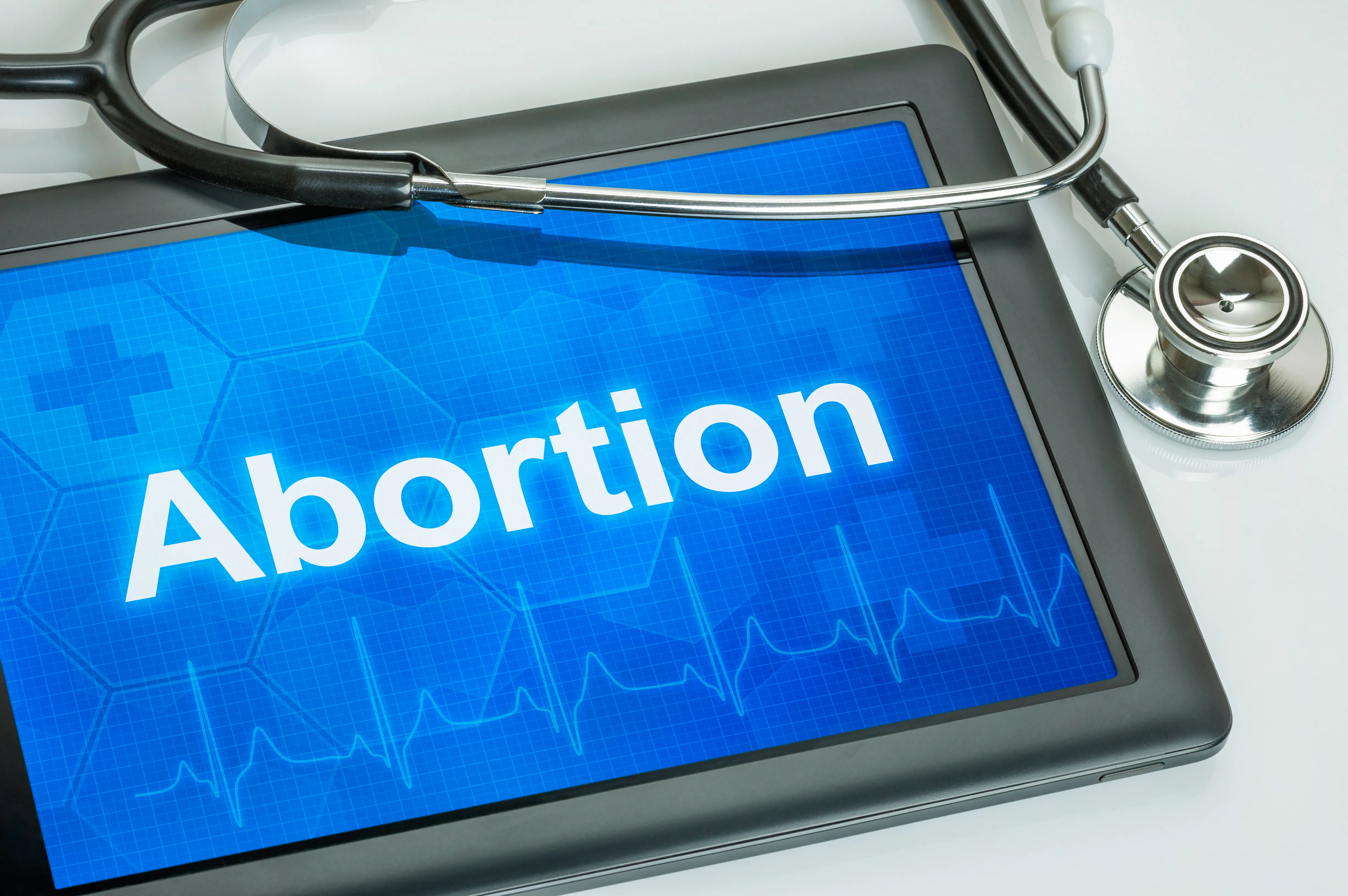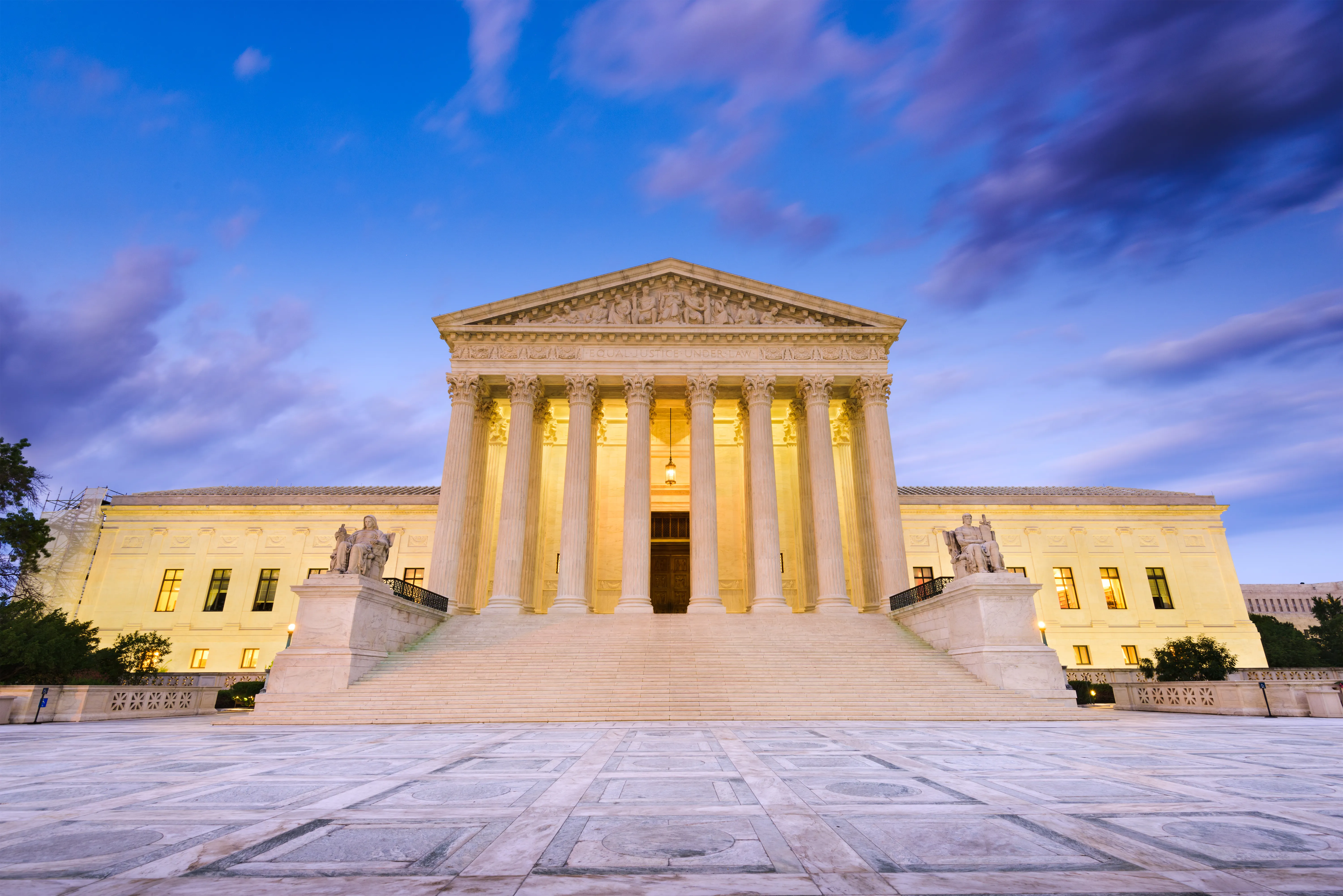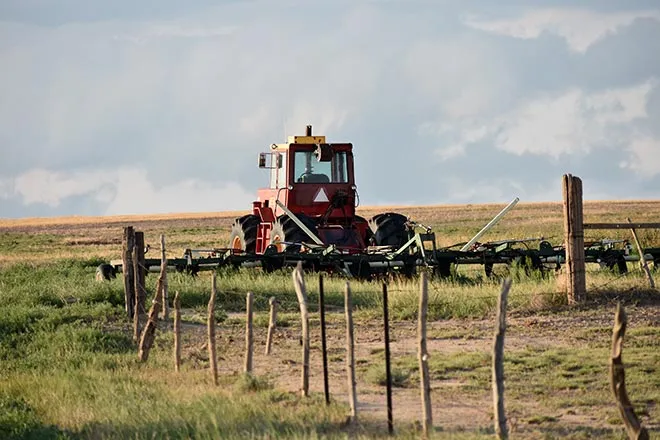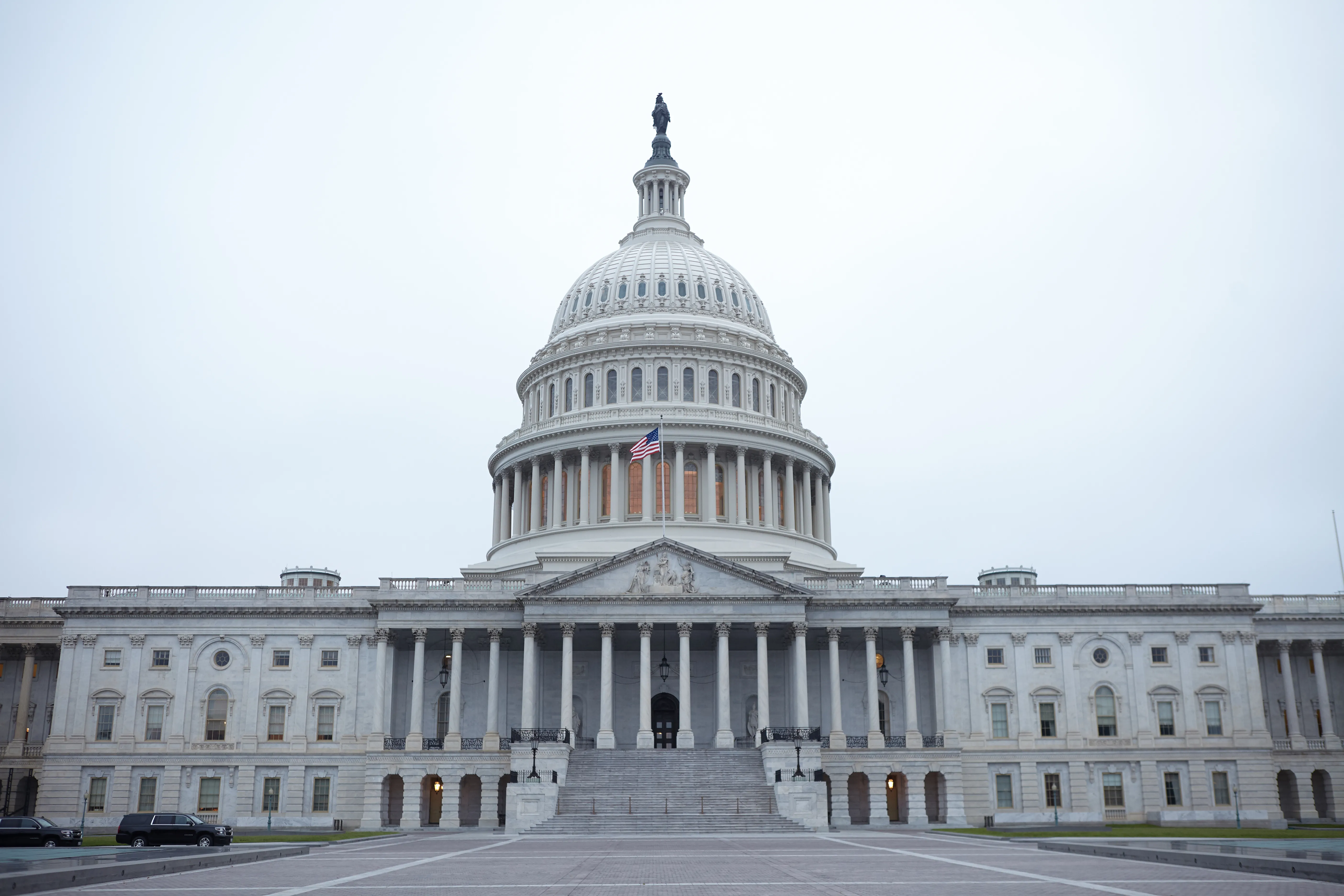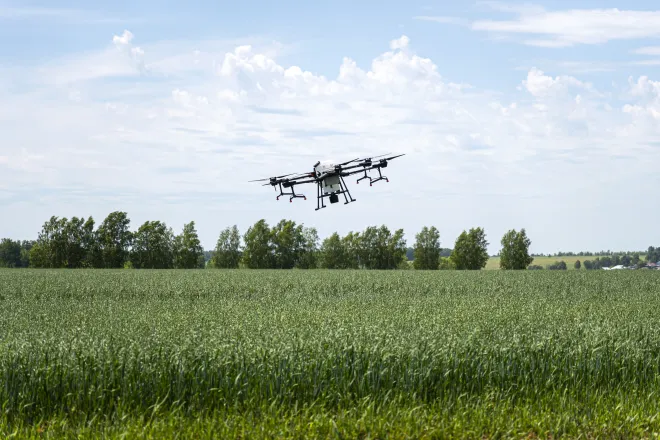
Daily Audio Newscast Afternoon Update - September 10, 2025
© INDU BACHKHETI - iStock-1336427297
News from around the nation.
The Navajo Nation plans to double the money it spends on students and tribal colleges, oyster farmers in Maine combat air and water pollution with a switch to electric boats and Ohioans celebrate a court ruling on coal ash pollution.
Transcript
The Public News Service Wednesday afternoon update, I'm Mike Clifford.
Qatar hosts the largest military base in the Middle East, has brought billions of dollars worth of defense systems from the U.S., and recently gifted a luxury Boeing jet to President Trump.
That from the New York Times.
They report, yet on Tuesday, none of that stopped Israel, a key U.S. ally, from launching a brazen military attack on Qatari soil.
It was an attempt to assassinate senior Hamas officials who had gathered to discuss a ceasefire proposal to pause the war in Gaza, a deal that was backed by Trump.
Next, the abortion medication, Mefapristone, turns 25 this month, but is under constant fire in the courts and in multiple red state legislatures.
The Food and Drug Administration recently announced a review of the medication.
Last year, the US Supreme Court dismissed a lawsuit that would have revoked FDA approval and made the drug illegal nationwide.
Now the states of Florida and Texas are trying to revive that plan.
UC San Francisco professor Usma Upadhyay, an expert on telehealth abortion, says there's no merit to the suit.
The science is clear.
Mifepristone is safe and effective.
Mifepristone was first approved by the FDA 25 years ago.
Its safety record has been demonstrated through real-world use and in over 100 research publications.
Anti-abortion groups often oppose its use on religious grounds.
I'm Suzanne Potter.
And a new report finds more Connecticut families are sliding into poverty.
This year's ALICE report from the United Way shows more than 580,000 families across the state don't meet the ALICE threshold, meaning they work but don't earn enough to afford a basic household survival budget.
Even a single adult would have to make more than $38,000 a year, but almost every job in the state pays less than that.
Daniel Fitzmaurice with United Way of Connecticut says the report shows the impact this has on families.
Wages are generally speaking holding steady, but the price of the basics that everybody needs to live is going up exponentially.
And so families are just not able to keep up, which is why they're falling under this ALICE threshold.
And the threshold only covers the basics.
It doesn't factor in emergency costs like car or home repairs or medical expenses.
I'm Edwin J. Vieira.
Next to Michigan weather weighing a comeback for tougher rules on large livestock farms known as Concentrated Animal Feeding Operations or CAFOs, environmental groups say manure and fertilizer runoff have tainted the Great Lakes waterways for a long time and they want safeguards restored.
And why would he?
With the Sierra Club's Michigan chapter says the CAFO permit debate is years behind where it should be.
So we're at the point where we should be talking about a new permit instead of simply discussing and trying to get adopted one that was originally approved in 2020.
Approved in 2020, but stalled in lawsuits.
The permit now sits with the Michigan Department of Environment, Great Lakes and Energy director who's weighing testimony from farm groups and advocates.
This is Public News Service.
A Minnesota court settlement is prompting the state to take another look at what's considered a hidden threat to water supplies and issue excess nitrate runoff from farm fields.
This month's agreement stems from a lawsuit filed earlier this year by a handful of environmental and conservation groups.
They called into question the effectiveness of existing rules covering farm practices like manure and commercial fertilizer application.
The Minnesota Center for Environmental Advocacy's Carly Griffiths says, when those common farming practices aren't followed with enough safeguards, the drinking water in surrounding communities is vulnerable to pollution.
There are really often higher burdens of health impacts on rural private well users that aren't on a municipal public water supply system.
The agreement gives the state agriculture department a year to analyze its groundwater protection rule public input.
There's a similar order for the Minnesota Pollution Control Agency on a rule dealing with feedlot operations with its review process already underway.
I'm Mike Moen.
Next to Indiana where lawmakers say they're preparing for more oversight of artificial intelligence.
The state's artificial intelligence task force voted Tuesday to recommend creating a permanent commission to study the fast-growing technology.
Republican State Senator Liz Brown, who co-chairs the task force says the recommendation is designed to keep lawmakers engaged year round.
The goal would be that we establish this permanent commission to meet on a more regular basis so we don't cram all these really big topics in a short period of time and then wait a whole nother nine months to meet again.
Brown stresses AI will impact every part of daily life.
Supporters say a standing commission will help lawmakers balance opportunity with consumer protection.
They warn that if Indiana waits too long, technology could advance faster than regulations.
I'm Joe Ulary, Public News Service.
Finally, while climate change is already known for its link to the spread of infectious disease and heightened symptoms for people with respiratory and cardiovascular illness, it's also connected to stress, trauma, and poor mental health.
A 2018 Indiana Climate Change Assessment Report says the state has warmed slightly more than one degree Fahrenheit per year since 1895, with a future projected rise of five to six degrees every year by 2050.
Climate Emergency Fund Director and clinical psychologist Margaret Klein-Salomon says, "Our society is living in an unprecedented situation "with climate change, which can produce "an immense range of emotions."
We feel fear, anger, grief, guilt.
That's actually not the problem.
The problem is we don't know what to do with that.
People are repressing them and denying them and saying, it must be fine, I'm overreacting.
I'm Terry Dee reporting.
This is Mike Clifford for Public News Service, member and listener supported.
Find our trust indicators at publicnewsservice.org.

